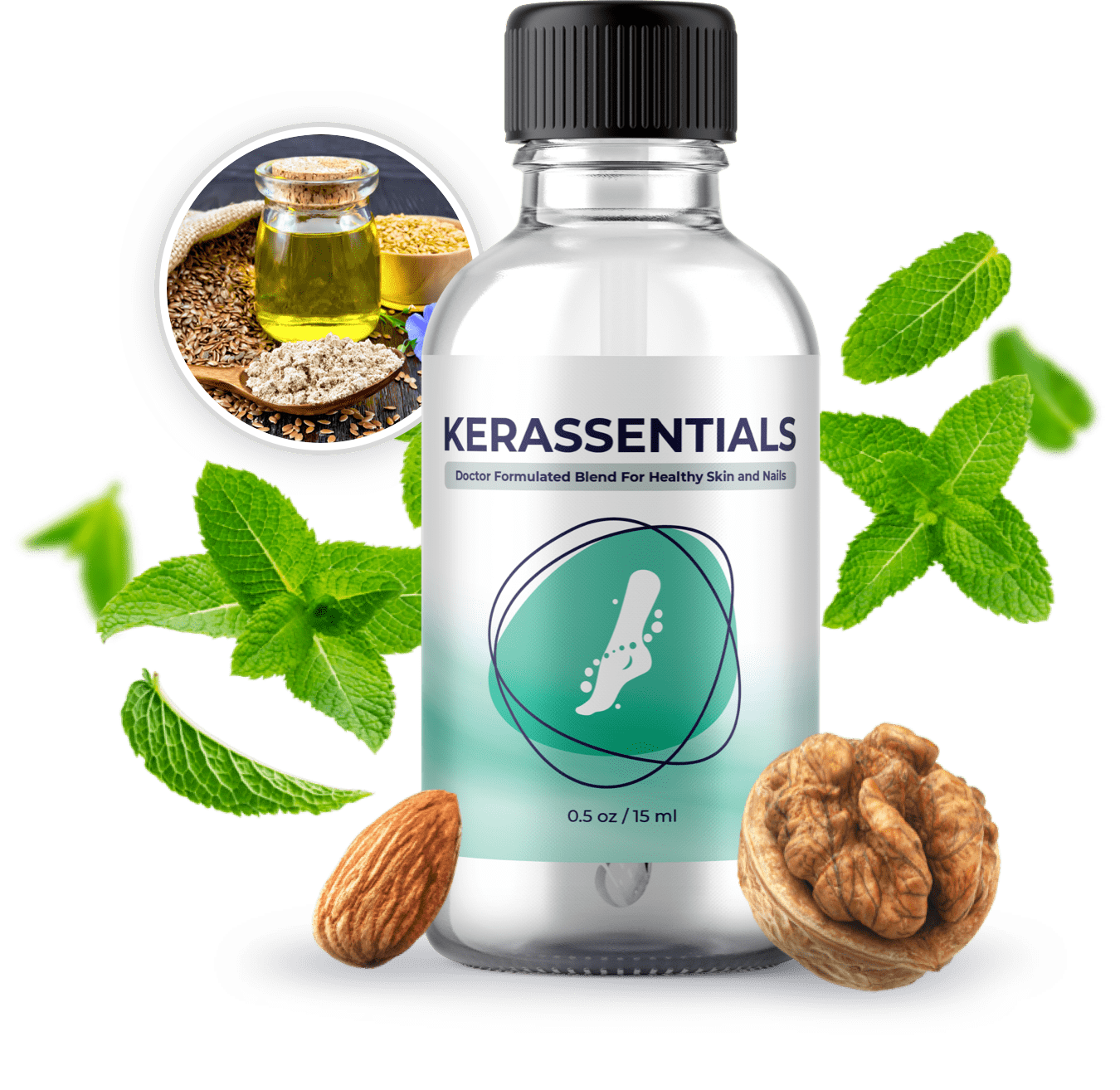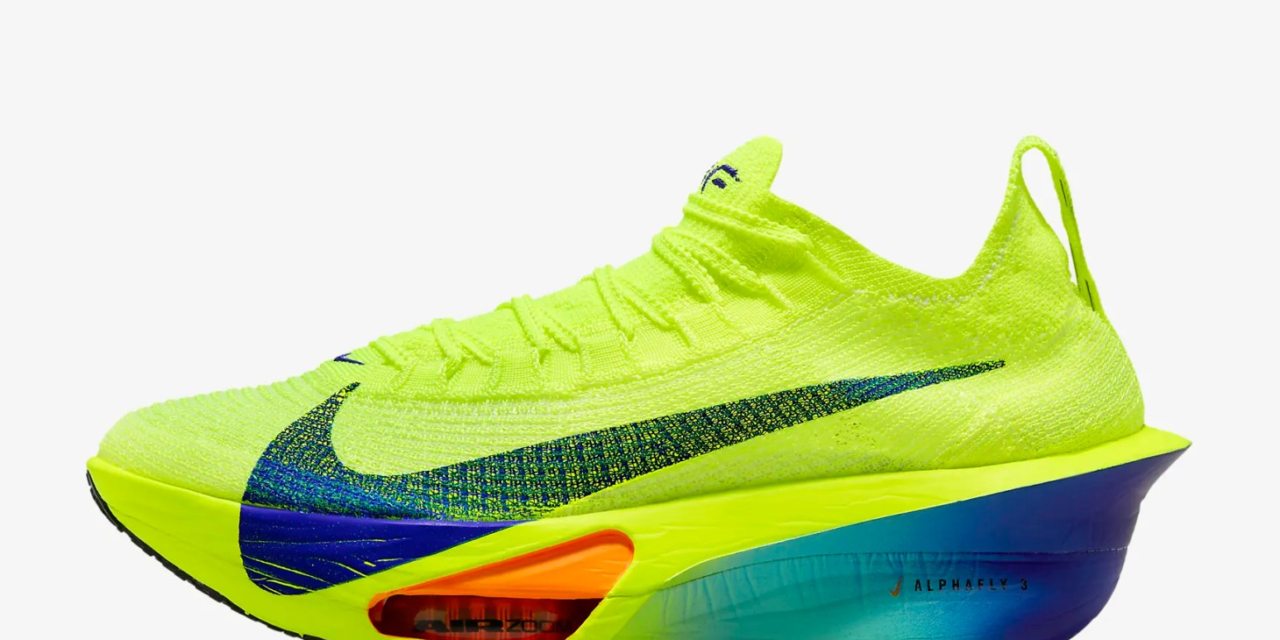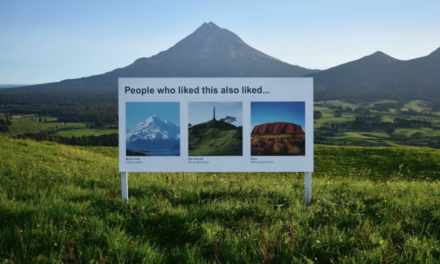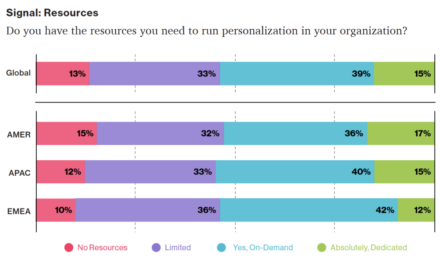A psychologist shares their top tips—starting with setting boundaries.
Anyone who has ever run a marathon will tell you that training for and running a 26.2-mile race requires a shocking amount of gear. Energy gels, hydration vests, phone holders, muscle-warming layers—when you’re out on the road for hours on end, there’s actually a lot you need on hand to stay prepared. What’s less surprising? Among all of the stuff, the most important piece of marathon gear is your running shoes. After all, your feet are what will get you across the finish line—and your brain, lungs, heart, that cute dog at mile 18… ok there are a lot of factors at play, but you get it.
Of course, when it comes to marathon shoes, what works for one runner might not be the best fit (literally) for another. But there are a few things to consider when lacing up for the long run. I asked a few run coaches what to look for in the best marathon shoes, plus got recommendations from marathoners themselves. Here are the sneakers that will keep your feet happy and healthy, mile after mile.
Nike Alphafly 3, $285
Brooks Glycerin GTS 21, $160
Asics Metaspeed Edge+, $250
Asics Metaspeed Sky Paris, $250
Hoka Arahi 7, $145
Brooks Hyperion Elite 4, $250
Asics Gel Kayano 31, $165
On Cloudboom Strike, $280
What should you look for in marathon shoes?
This may seem like a non-answer, but the right marathon shoe for you is the one that you can run comfortably in for the entirety of the race.
“Your marathon shoes should feel good on your feet first and foremost—after all, you’ll be running 26.2 miles in them!,” says Sam Scaffidi, founder and head coach of Project Sweat Run Club. “Try a few different pairs in the running store, see what feels best upon lacing them up,” she adds. From there, consider the shoe’s stability, support, weight, heel-to-toe drop, and potentially a carbon fiber plate.
“The most important thing is feeling comfortable on race day,” echoes Emily Abbate, a 13-time marathoner, UESCA-certified run coach, and host of Hurdle podcast. “You want to eliminate anything that could bring unnecessary anxieties—research shows that injury is less likely when you’re feeling really confident and comfortable in what you’re wearing on your feet, regardless of your gait cycle. You don’t want to be thinking about something extra while you’re toeing the starting line.”
So while we list a handful of recommended marathon shoes below, finding a shoe is a personal task. Luckily, many running brands let you return or exchange your shoes, even after you’ve run in them. So try things out! It’s the only way to know what you really like.
8 excellent marathon shoes, according to marathon runners
Sizes: 5-12 | Colors: 4 | Drop: 8mm
You know when you hear about a car model and suddenly you see it everywhere? That’s how I’ve felt about the Alphafly 3. It’s one of the most popular marathon shoes right now (spot them on the feet of Peloton’s Tunde Oyeneyin during the 2024 Chicago Marathon) thanks to its full-length carbon plate and huge stack of foam. Weighing in at six ounces, it’s super lightweight, and the knit upper is breathable enough to keep your feet cool until the finish line.
What runners say: “I’m going to be wearing the Nike Alphafly 3 while running my 7th New York marathon this year. I’ve done plenty of runs in this shoe and I know that it makes me feel confident and ready to perform my best,” says Abbate.
“Nike Alphafly 3 is my current go-to, though I don’t use it for everyday training runs because you can only get 100 or so good miles out of them before they start to wear out (so I just wear them for 1-2 runs to break them in before stashing away for Race Day),” says Benton.
Pros:
- Breathable knit upper
- Full length carbon fiber plate
- Connected midsole and outsole helps with smooth transitions
Cons:
- Pricey
- Tall stack might not be for everyone
Sizes: 5-12 (wide available)| Colors: 7 | Drop: 10mm
Can you believe I’ve waited this long to tell you I’ve run two marathons?! Well, I have, and I ran both (Boston 2019 and New York 2023) in Brooks Glycerin. The Glycerin GTS is a support shoe, which means it has the brand’s “GuideRails” technology to encourage your foot in a natural stride (I didn’t know I needed this until I fell in love with the GTS model last year). At 9.2 ounces, they’re a tad heavier than the above Alphafly super shoes, but they offer plenty of cushion and breathability for long runs, making them great for runners of all levels.
Pros:
- Versatile shoe for all levels runners
- Good cushioning and breathability
- Brooks’ GTS support helps keep your foot in its natural stride
- Wide sizes available
Cons:
- No carbon plate
Sizes: 5-14.5 | Colors: 6 | Drop: 11.6mm
Another super shoe, the Asics Metaspeed Edge has a considerably lower stack and more inconspicuous profile than other carbon-platers on our list. It’s a lightweight shoe (7.4 ounces) designed for neutral runners, and has noteworthy traction on the sole to tackle rougher terrain—if you’re signed up for a race that takes you from concrete to dirt roads, this shoe should keep you feeling confident.
What runners say: “I wear Asics Cumulus as my go-to daily trainer and Asics Metaspeed Edge as my race day shoe *if* I’m competing for a time goal,” says Scaffidi. “I love the fit and responsiveness of the Metaspeed Edge for race day, they feature a carbon fiber plate which enhances energy return and propulsion, they are super lightweight while still offering the right amount of cushioning and foam, and they feel great from start to finish!”
Pros:
- Lower profile for a super shoe
- Carbon fiber plate
- Good traction
Cons:
- Limited sizes available in some colors
<!– –>
Sizes: 5-14.5 | Colors: 2 | Drop: 5mm
At 6.4 ounces, the Metaspeed Sky Paris is Asics most lightweight carbon-plated super shoe. It’s a lot like the Metaspeed Edge, above, but has a significantly lower drop and more cushioning to encourage a longer stride. It also has a roomier toe box than the Edge, so if you like a little more wiggle room, that could be a big pro.
What runners say: “The Asics Metaspeed Sky Paris has taken my marathon racing to the next level,” says Colleen Connolly, a coach at MyStryde in Boston MA, 10-time marathoner, and brand manager at Asics. “I love the light feel and quick turnover making the miles fly by. My recovery is also much quicker, making walking downstairs post-race much easier.”
Pro:
- Roomy toe box
- Generous cushion for stride runners
- Responsive rocker style and carbon plate
Cons:
- Limited colors
- No wide sizes
Sizes: 5-12 (wide available) | Colors: 10+ | Drop: 5mm
Well+Good editors are big Hoka fans, mainly thanks to the brand’s seal of approval from the American Podiatric Medical Association. They’re extremely plush and comfortable for walking, but all that cushion can be a little bit of a drag for long-distance running. However, the Hoka Arahi 7 is an exception to that. With a sleek, low profile (especially for a Hoka), it’s a stability shoe that balances responsiveness and cushion to keep you comfortable for all 26.2 miles. Best of all, it’s the most affordable shoe on this list with the widest range of colors and sizes.
What runners say: “I loved the comfort and stability for clocking all the miles I had to for training and then the distance of the marathon itself,” says New York marathoner Ali Chastain.
Pros:
- Plenty of colors and sizes to choose from
- Approved by the APMA
- Good balance of responsiveness cushion
- Most affordable shoe on this list
Cons:
- Not designed to PR in
Sizes: 6.6—14.5 | Colors: 1 | Drop: 8mm
Another super shoe with neutral support, the Hyperion Elite is lightweight from top to bottom—7.8 ounces to be exact. It offers no shortage of cushion and breathability (thanks to the knit upper) and features a carbon plate to help boost you forward in your stride. Unfortunately, there’s only one color option available.
What runners say: “A couple things I look for in a marathon shoe is something that is springy and snug,” says Brooks Athlete, Susanna Sullivan. “Brooks’ Hyperion Elite series, for example, has a light and breathable upper that features a carbon fiber plate and new nitrogen-infused foam to propel you forward.”
Pros:
- Carbon fiber plate
- Breathable mesh upper
- Most cushioning of the Hyperion series
Cons:
- Only one color
- No wide sizes
<!– –>
Sizes: 5-13 (wide available) | Colors: 10 | Drop: 10mm
Asics Gel Kayano is another W+G favorite thanks to its responsive gel heel and popularity among podiatrists. But while they’re great for everyday walking and running, don’t be fooled—this shoe can stand up to 26.2. Like the Brooks Glycerin above, it’s another neutral stability shoe that helps keep you balanced as you stride. It also has a breathable mesh upper and a knit, sock-like ankle collar. If comfort and cushion is what you’re after, the Gel Kayano is a really great pick.
What runners say: “Surprisingly, I liked how much cushion they have! Normally I’m hesitant with overall cushy shoes but they felt so comfy and I never experienced any foot pain or any knee pain for that matter,” says Denver-based runner, Courtney Henning.
Pros:
- Plenty of cushion and support (great for those with knee pain)
- Good range of color and width options
- Breathable mesh upper and knit ankle for maximum confort
Cons:
- No carbon-plate tech
Sizes: 5-11 | Colors: 2 | Drop: 4mm
This super shoe from the Swiss running brand On is designed for speed. From the spoon-shaped, carbon-fiber springboard to the removable layer of “Bounceboard” cushion, there’s no wonder the Cloudboom Strike will grace the feet of reigning NY marathon champion Hellen Oribi this year. This shoe unfortunately comes in less sizes and colors than others on this list, and they *are* pricey—but if you’re up for a splurge, you might just run your next PR.
What runners say: “Working in Global Communications at On gives me a lot of insight into the innovation process. I chose to race in the Cloudboom Strike because of the underfoot reaction and the light weight,” says recent Berlin marathoner Nina Lussi. “This was my first super shoe and the difference is incredible. Pairing the carbon Speedboard with Helion hyper foam cushioning kept me comfortable and fast for the full 42.2 km.”
Pro:
- Worn by reigning NY Marathon champion, Hellen Oribi
- Spoon-shaped carbon-fiber plate for fast energy transfer
- Removable layer of cushion to customize your fit and feel
Cons:
- Limited sizes and colors
- Pricey
FAQs
What are ‘super shoes’?
“Super shoes” are sneakers with a carbon fiber plate, to help give runners propulsion and speed.
“I’ve been lucky enough to try out carbon-plated ‘super shoes’ across several brands,” says 14-time marathoner and W+G contributing writer, Emilia Benton. “I set my current marathon personal best (and ran my first Boston Marathon qualifier) in the original version of the [Nike] Alphafly in 2022, which was a 15-plus-minute PR. Before running my current PR, I set my previous one in the Nike VaporFly 4% (the first super shoe on the market) in 2019 at the same race, the Houston Marathon. Needless to say, I won’t be going back to racing marathons in regular trainers, and it’s highly unlikely I’ll stray from these shoes!”
Over the last five years or so, super shoes have grown in popularity and availability. However, just because a shoe is designed for speed doesn’t mean it will be right for you—this is especially true if you’re a first-time marathoner and not too fussy about shaving down your splits. And, if the $250-and-up price point or general design of a super shoe doesn’t work for you and your goals, don’t worry—you can still run an awesome race without carbon.
How long should you run in your shoes before a race?
“Nothing new on race day!” warns Abbate. “Of course, some people choose to run in a carbon-plated shoe on race day, and that’s not the sneaker you’re going to be doing all your training in. But you need to put your race shoe through the test beforehand—do one of your longest runs in the shoe so you know how it feels on foot. You never want to put on a brand new shoe and run a marathon in it,” she says.
Scaffidi adds that you should spend some time running lightly in your new shoes before you introduce workouts into the mix. “I suggest running 1-2 easy runs (50-60 min each), 1 quality session or workout, and 1 moderate to long run (up to 12 miles) in your race day shoes before the race to ensure you like how they feel at an easy effort and in a bigger workout.”
Recommended Story For You :
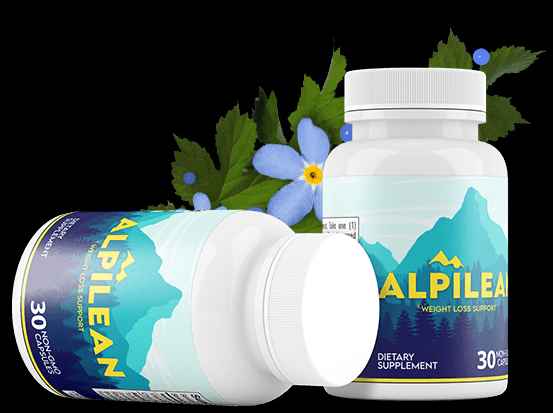
The alpine secret for healthy weight loss

The Most Potent Fast-Acting Formula For Incinerating Stubborn Fat

Real Cortexi Users Real Life‑Changing Results
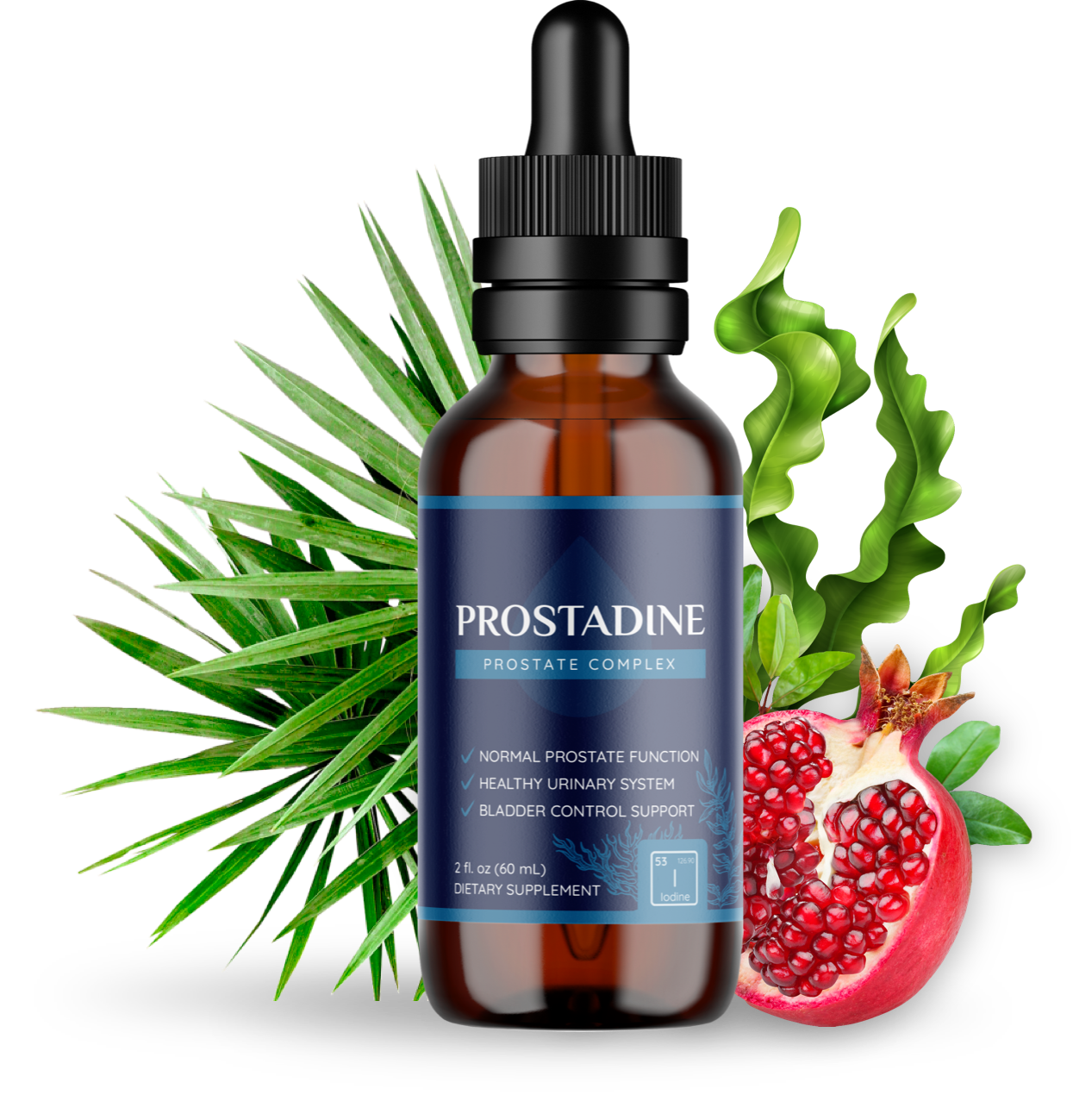
This Cold Drink Might Trigger Your Prostate
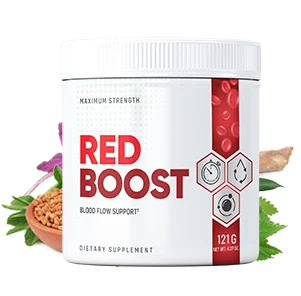
Red Boost is a powerful new formula for boosting male sexual health.
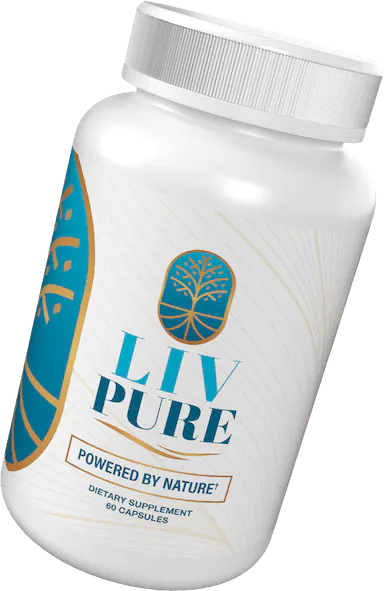
Everything you eat or drink eventually reaches your liver for processing.

Brand New Probiotics Specially Designed For The Health Of Your Teeth And Gums

Empowering You to Take Control of Your Blood Sugar Health!

Scientists Finally Discover the Root Cause of Belly Fat and Unexplained Weight Gain
